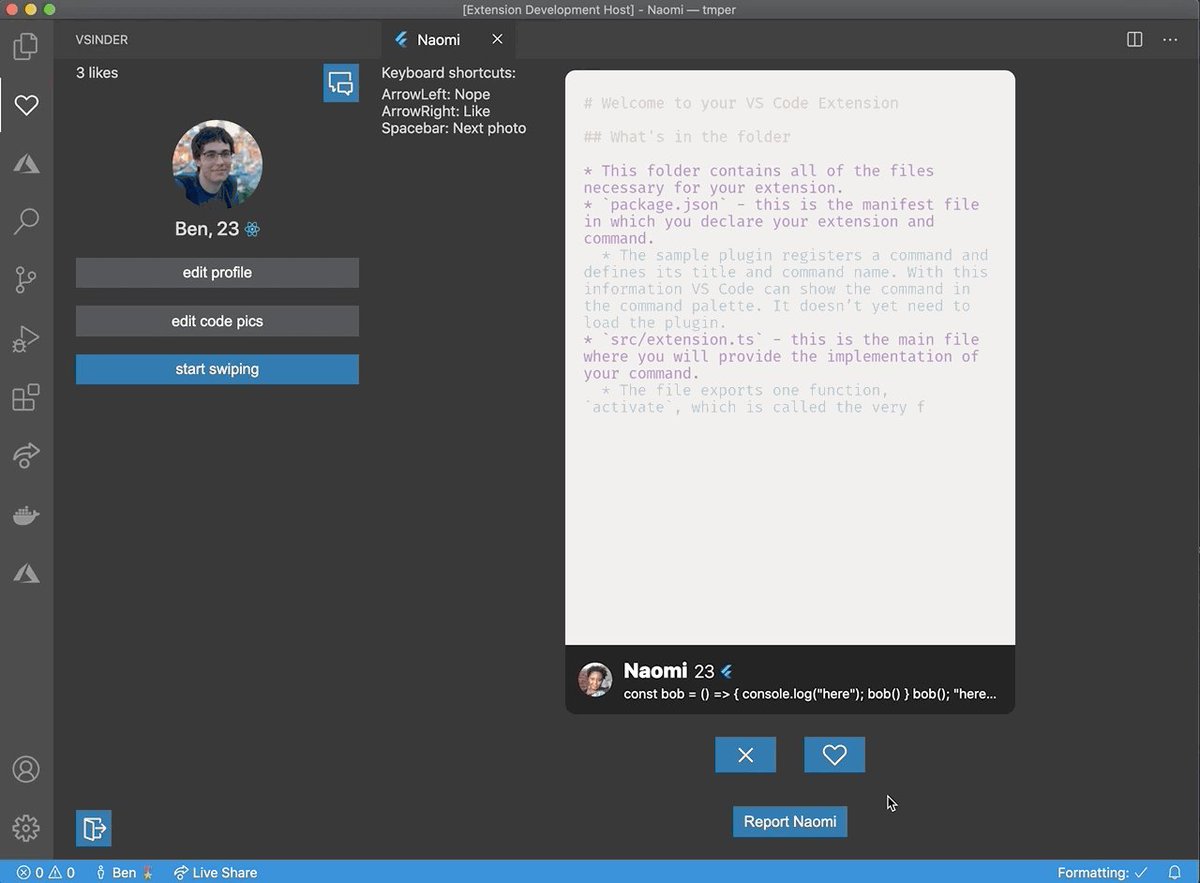1/ The first 18 months of starting a company is often life or death. I must've made 5 different companies that each failed within 9 mo. 😭 Each time the company failed I figured out what I could do better. Eventually startup #6 got to $40K/mo by month 18. Here’s what I learned...

1/ I became "CEO" at 20. I dropped out of college. I had only interned somewhere prev. Looking back, I couldn't imagine the journey that would occur from writing code all day to scaling to 300 people. I got lucky, I screwed up a lot, & had a lot of help. Here's what I learned...
— Suhail (@Suhail) May 21, 2018
More from Startups
if you are a software engineer, this is your call to arms 👇
when we put our Fast Checkout button on websites LOTS of people start using it to buy things
our goal is to put out Fast button on EVERY website in the world
the speed of our growth is primarily limited by our engineering resources
we already have some of the best in the world, our VP of engineering built much of Apples identity infrastructure before building Uber's new commerce stack
we engineers who have spent decades among the earliest engineers at LinkedIn, Nest, Google, Cisco, Lyft, Uber & more
our team have built identity, commerce and payment systems that support BILLIONS of people, and they are now building the next platform to do that: @fast
we have a chance to fix commerce, to fix the way the internet works, for BILLIONS of people
we need more help, we need your help
there is not often an opportunity as big as this, make the best career decision of your life and get ready for huge professional growth
reach out to us:
@domm @PeterGrassi1
[email protected]
[email protected]
let me pitch why you need to join 🚀
when we put our Fast Checkout button on websites LOTS of people start using it to buy things
our goal is to put out Fast button on EVERY website in the world
the speed of our growth is primarily limited by our engineering resources
we already have some of the best in the world, our VP of engineering built much of Apples identity infrastructure before building Uber's new commerce stack
we engineers who have spent decades among the earliest engineers at LinkedIn, Nest, Google, Cisco, Lyft, Uber & more
our team have built identity, commerce and payment systems that support BILLIONS of people, and they are now building the next platform to do that: @fast
we have a chance to fix commerce, to fix the way the internet works, for BILLIONS of people
we need more help, we need your help
there is not often an opportunity as big as this, make the best career decision of your life and get ready for huge professional growth
reach out to us:
@domm @PeterGrassi1
[email protected]
[email protected]
let me pitch why you need to join 🚀
There are a *lot* of software shops in the world that would far rather have one more technical dependency than they'd like to pay for one of their 20 engineers to become the company's SPOF expert on the joys of e.g. HTTP file uploads, CSV parsing bugs, PDF generation, etc.
Every year at MicroConf I get surprised-not-surprised by the number of people I meet who are running "Does one thing reasonably well, ranks well for it, pulls down a full-time dev salary" out of a fun side project which obviates a frequent 1~5 engineer-day sprint horizontally.
"Who is the prototypical client here?"
A consulting shop delivering a $X00k engagement for an internal system, a SaaS company doing something custom for a large client or internally facing or deeply non-core to their business, etc.
(I feel like many of these businesses are good answers to the "how would you monetize OSS to make it sustainable?" fashion, since they often wrap a core OSS offering in the assorted infrastructure which makes it easily consumable.)
"But don't the customers get subscription fatigue?"
I think subscription fatigue is far more reported by people who are embarrassed to charge money for software than it is experienced by for-profit businesses, who don't seem to have gotten pay-biweekly-for-services fatigue.
On a serious note, it's interesting to observe that you can build a decent business charging $20 - $50 per month for something that any good developer can set up. This is one of those micro-saas sweet spots between "easy for me to build" and "tedious for others to build"
— Jon Yongfook (@yongfook) September 5, 2019
Every year at MicroConf I get surprised-not-surprised by the number of people I meet who are running "Does one thing reasonably well, ranks well for it, pulls down a full-time dev salary" out of a fun side project which obviates a frequent 1~5 engineer-day sprint horizontally.
"Who is the prototypical client here?"
A consulting shop delivering a $X00k engagement for an internal system, a SaaS company doing something custom for a large client or internally facing or deeply non-core to their business, etc.
(I feel like many of these businesses are good answers to the "how would you monetize OSS to make it sustainable?" fashion, since they often wrap a core OSS offering in the assorted infrastructure which makes it easily consumable.)
"But don't the customers get subscription fatigue?"
I think subscription fatigue is far more reported by people who are embarrassed to charge money for software than it is experienced by for-profit businesses, who don't seem to have gotten pay-biweekly-for-services fatigue.




















